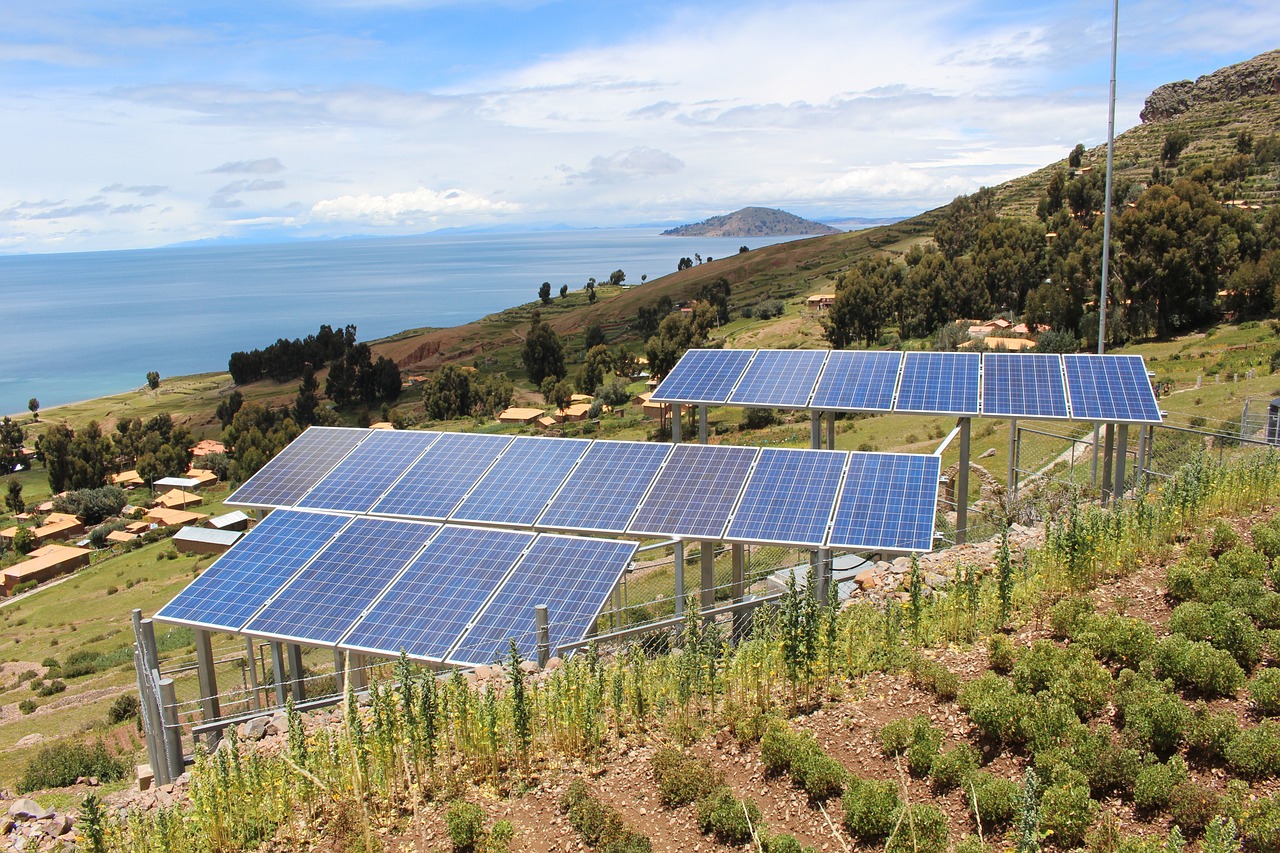
There are several reasons why people are increasingly turning to solar energy for their power needs:
1. **Cost Savings**: One of the primary drivers for adopting solar energy is cost savings. Over the years, the cost of solar panels and associated equipment has decreased significantly, making solar energy more affordable for homeowners and businesses. Once the initial investment is recouped, solar energy can lead to long-term savings on electricity bills.
2. **Environmental Benefits**: Solar energy is a renewable and clean source of power that produces minimal greenhouse gas emissions compared to traditional fossil fuels like coal, oil, and natural gas. By harnessing solar energy, individuals and organizations can reduce their carbon footprint and contribute to mitigating climate change.
3. **Energy Independence**: Solar energy allows individuals and communities to become more self-reliant when it comes to electricity generation. By generating power on-site, whether through rooftop solar panels or solar farms, people can reduce their dependence on centralized power grids and potentially avoid disruptions caused by outages or grid failures.

4. **Government Incentives**: Many governments offer financial incentives, tax credits, rebates, and other subsidies to encourage the adoption of solar energy. These incentives can help offset the initial cost of installing solar panels and make solar energy more economically viable for consumers.
5. **Technological Advances**: Advances in solar technology have improved the efficiency and reliability of solar panels, making them more attractive options for generating electricity. Innovations such as thin-film solar cells, improved storage solutions like batteries, and smart grid integration have enhanced the overall performance and usability of solar energy systems.
6. **Energy Security**: Solar energy diversifies the energy mix, reducing reliance on imported fossil fuels and increasing energy security. This is particularly important for countries that depend heavily on imported energy sources, as it can help mitigate the risks associated with geopolitical tensions and fluctuations in global energy markets.
7. **Job Creation and Economic Development**: The solar energy industry has become a significant source of job creation and economic growth in many regions. The installation, maintenance, and manufacturing of solar panels and related equipment support a wide range of employment opportunities, from skilled labor in construction to research and development in technology.
Overall, the combination of economic, environmental, and technological factors has fueled the widespread adoption of solar energy as a sustainable and cost-effective solution for meeting power needs.

Comments